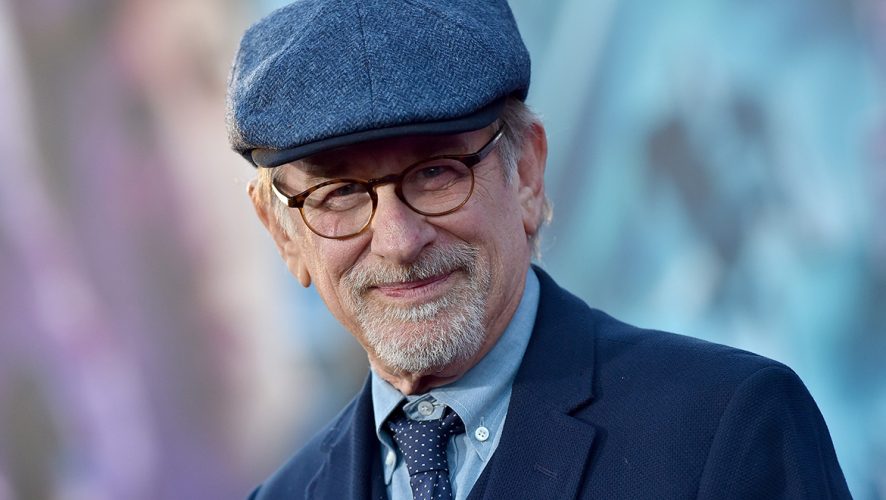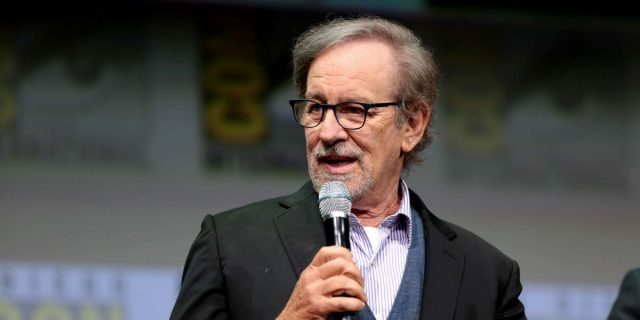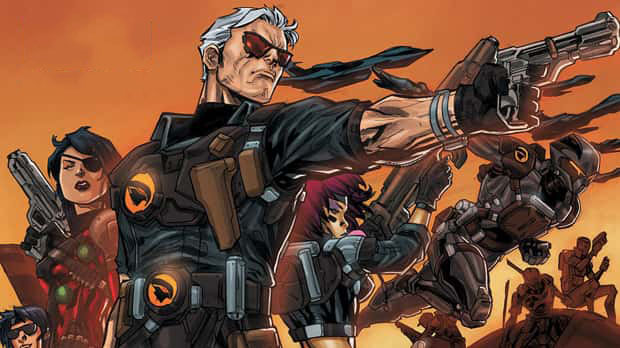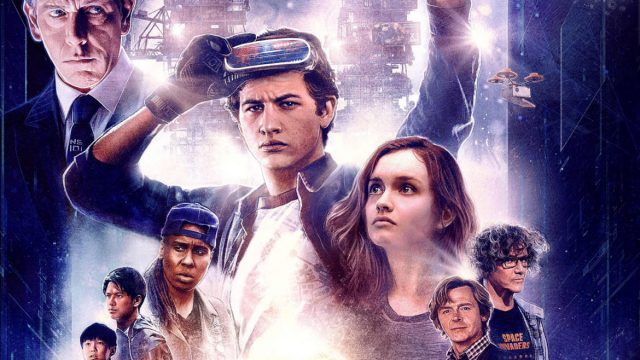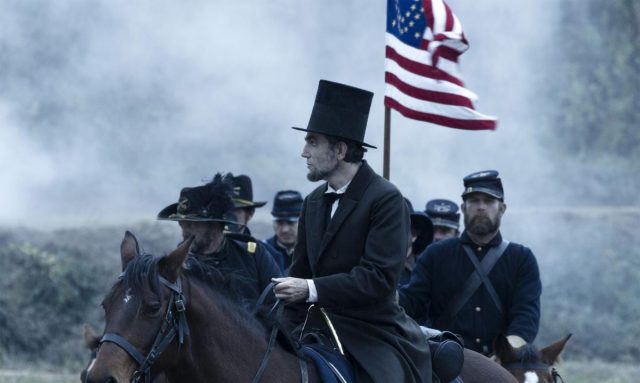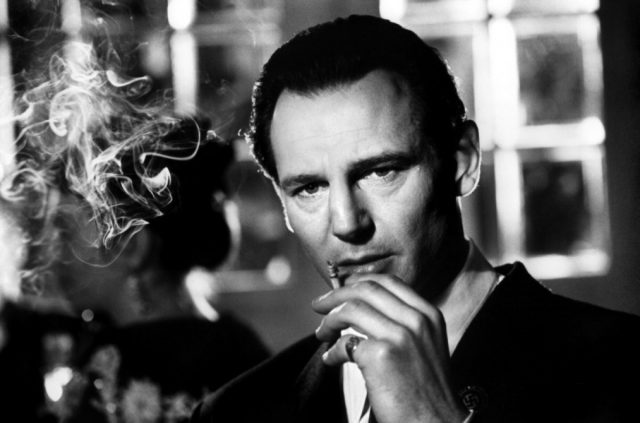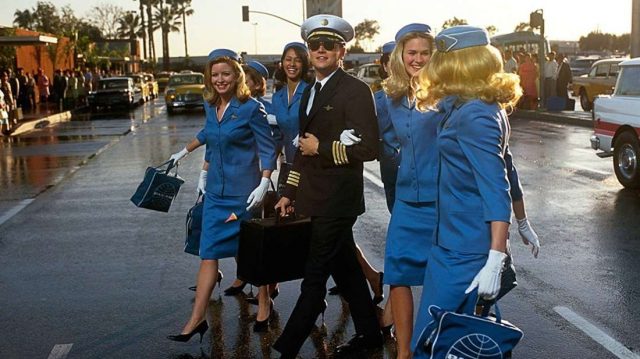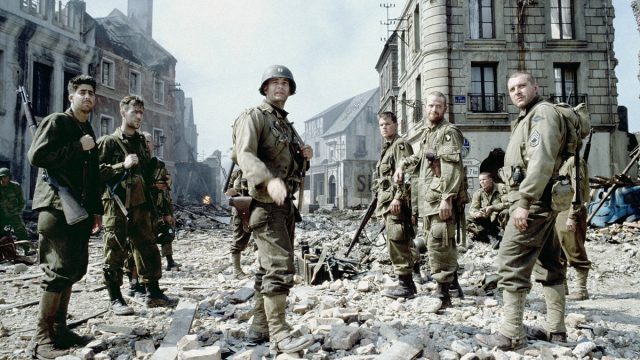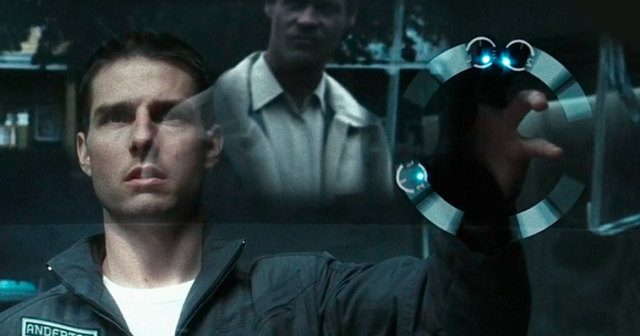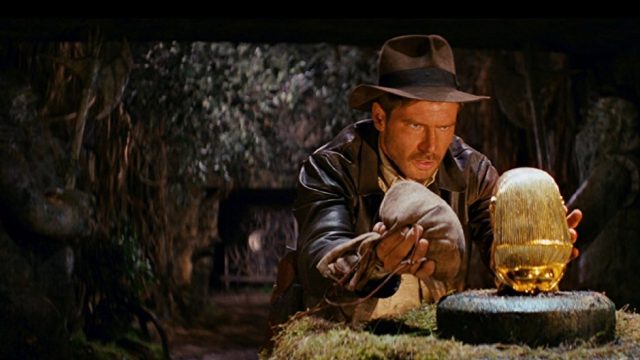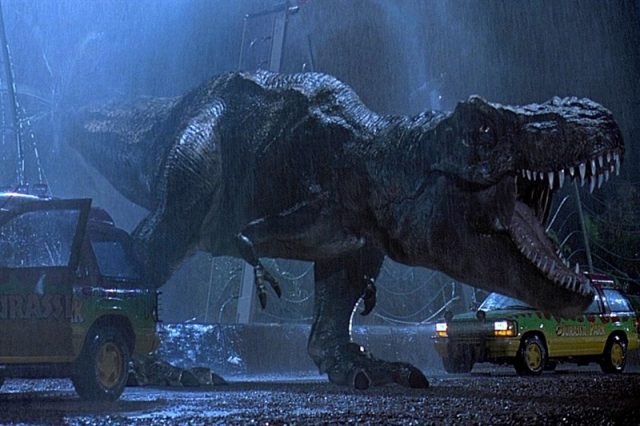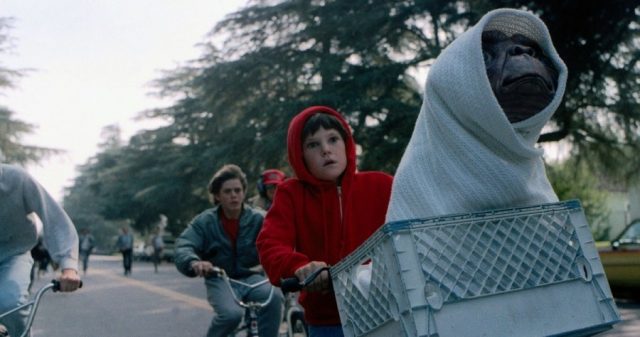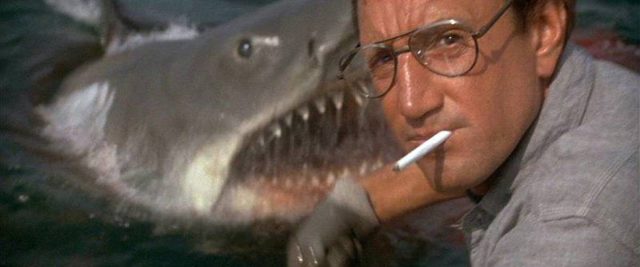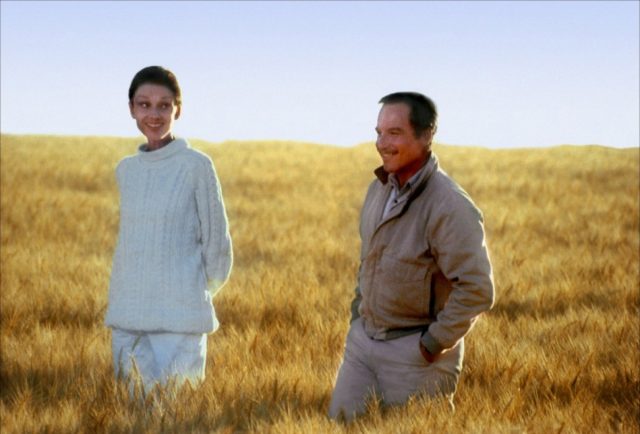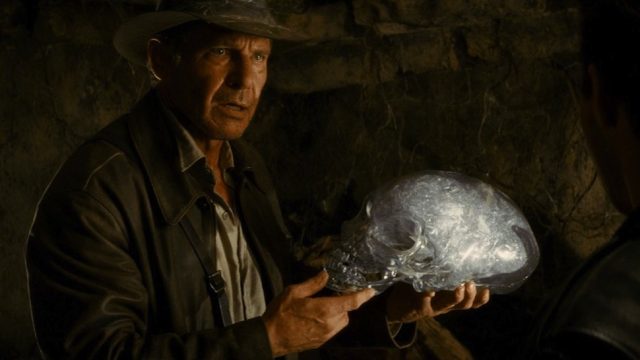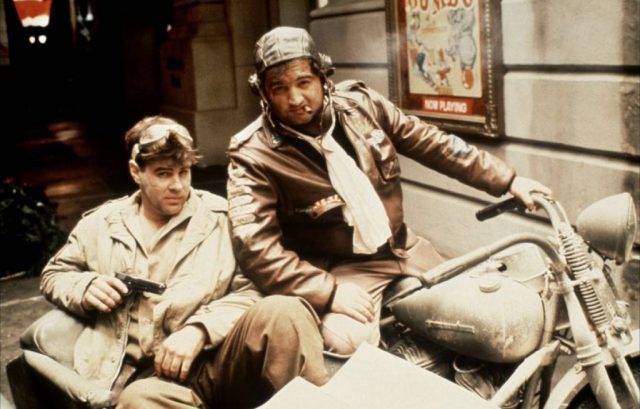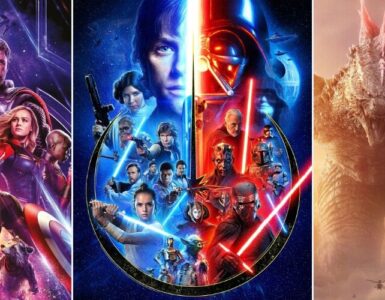Critically-acclaimed filmmaker and cult director Steven Spielberg has often been referred to one of the biggest minds in cinema, with many established works under his belt that run across genres, from sci-fi, historical drama, to adventurous thrillers.
Rounding up over 40 years of filmmaking is his most recent hit, Ready Player One, a pop-culture-oriented title adapted from Ernest Cline’s original novel of the same name. A highly successful but controversial title, it has raked in more than US$475.1 million worldwide since its release.
While it doesn’t come close to some of his best box office figures, the figure does do one thing – it pushed Spielberg to become the first director in film history to top the US$10 billion mark (not accounting for inflation of course).
Can anyone catch up? Well, it will seem unlikely, as the second place holder is Peter Jackson, the main directing force behind the phenomenal Lord of the Rings and The Hobbit franchises, at about US$3 billion behind Spielberg. But what makes Spielberg’s new milestone even more remarkable is that it’s solely restricted to his directing efforts, and not the many other productions that he’s had at hand in producing.
And he’s not stopping. His next movie is a new Indiana Jones, and after that, a film adaptation of DC Comics’ Blackhawk, which would mark his very first foray into the superhero genre.
In light of this new result, Geek Culture takes a look at some of Spielberg’s directing masterpieces, as well as the underwhelming ones.
TOP 10 SPIELBERG FILMS OF ALL-TIME
#10: Ready Player One (2018)
Fresh off the top ten list, Ready Player One drew some criticism from the movie-watching community for portraying pop culture in a shallow manner. While the character development and plot could do with more depth, there’s no denying that this easter egg fest was top-notch in terms of cinematography, and its breathtaking VFX probably serves as one of Spielberg’s greatest works in that department.
#9: Lincoln (2012)
The historical drama epic did an exceptional job at encapsulating the essence of the former President’s life, without the usual harsh outlook that’s often associated with the master director’s works of the drama genre. Casting Daniel Day-Lewis as the thoughtful lead definitely did justice to the title character, and the entire concoction of skillful camera work, well-paced narrative, and a strong ensemble makes Lincoln a highly-memorable watch.
#8: Schindler’s List (1993)
Despair is strong in this one. Focusing on the horrors of the Holocaust, Schindler’s List captures the scope of human tragedy and puts forth the question of humanity to the table. It’s a title that tugs at people’s heartstrings, but the narrative could have been strengthened with more compelling characters or resonant themes. Still, an all-around respectable effort.
#7: Catch Me If You Can (2002)
An interesting premise and expertly-crafted storytelling set this biographical crime film up for success. Despite its focus on the art of deception, the film goes beyond that to tell the story of a wounded child torn apart from sad family drama, under the disguise of a lighthearted, cheerful veneer. If there’s one gripe about it, however, it’s that the lead-up to the ending was too long, but nonetheless, Catch Me If You Can is more than deserving of all the respect it has garnered.
#6: Saving Private Ryan (1998)
Before Dunkirk, there was Saving Private Ryan. A story of loss, grief, triumph, and hope, it’s largely regarded as one of the best war movies around, especially for its notably graphic portrayal of war. The first 27 minutes of the film, in particular, has gained fame for its merciless intensity of the Omaha Beach assault, and that brutal nature continues to carry through to the end.
#5: Minority Report (2002)
Inspired by Philip K. Dick’s short story The Minority Report, the neo-noir film set the bar for more sci-fi works to come in the 2000s era. A fine balance of tragedy, fate, and reconciliation, Minority Report was a poignant portrait of a society that has lost its moorings. It’s a pity about the lazy, cliche ending that robbed the movie of being the ideal sci-fi movie, but it did indeed prove Spielberg’s superb ability to capture the zeitgeist’s paranoia and surveillance culture.
#4: Raiders of the Lost Ark (1981)
The true Indiana Jones film, Raiders of the Lost Ark had all the makings of the perfect adventure flick: a strong cast lead (Harrison Ford), masterfully-executed action, light-hearted humour, sophisticated SFX (for that time), and last but not least, fully fleshed-out characters. The subsequent installments never did quite hold a handle to this 80s masterpiece, so it’d be fair to say the movie probably remains one of Spielberg’s greatest pride.
#3: Jurassic Park (1993)
Who’ve guessed that the idea of a dinosaur theme park will end up as one of the classics in cinematic history? Jurassic Park’s a wild ride through and through, where the sense of wonder and discovery runs strong. While it may appear to be another generic monster-wrecks-humanity film, it actually calls out man’s disrespect for nature and the need to satisfy their scientific hubris. A great blockbuster undiminished by time, indeed.
#2: E.T the Extra-Terrestrial (1982)
Before E.T the Extra-Terrestrial, the portrayal of outer space beings has always skewed towards the negative side, so it came as a pleasant surprise to see one that’s able to form a strong and warm connection with humans. The true beauty of E.T, however, lies in the fact that it’s as much of a children’s show as it’s an adult movie, covering several important values like trust, family, respecting of one’s childhood dreams, and home (“E.T. phone home”).
#1: Jaws (1975)
Jaws, despite its focus on the monstrous, horrifying sharks, is at its core a film that lives and breathes its character moments. It is also the first true Hollywood blockbuster movie, in that it defined the concept and defined Hollywood in a way that no single director has. Yes, there are moments where audiences have jumped out of their seats due to a sudden shark attack on screen, and yes, the effects are spectacular for a film of its time, but the real magic is bringing all of these elements for an unforgettable, riveting viewing experience that has yet to be beaten by the trials of time.
We’re gonna need a bigger boat.
BOTTOM 3 SPIELBERG FILMS OF ALL-TIME
#3: Always (1989)
The master director may be the best at his job, but even he flounders at times. A romantic comedy-drama movie, the story follows the spirit of a recently deceased pilot as he mentors a newer pilot, all the while watching him fall in love with the girlfriend he left behind. It’s got a so-so premise and too many cheesy elements, making it an over-produced mess. To give Spielberg the credit he deserves for diving into new territory, Always really isn’t that bad, just very, very underwhelming from him, whose skills pool definitely doesn’t include the romance genre.
#2: Indiana Jones and Crystal Skull (2008)
The fourth Indiana Jones was not worth the long wait for fans for a few reasons. For one, it ended up more of a mockery than an actual adventure film; two, it was awfully bland, lacking both the easy lightness of Raiders and Indiana Jones and the Last Crusade, as well as the dark overtones of Temple of Doom; and lastly, the casting of Shia LeBeouf as Indy’s son was a mistake. Boo. Have you heard the phrase nuked the fridge? Guess where it came from?
#1: 1941 (1979)
Quite possibly Spielberg’s worst directing effort to date, 1941 marks another of the filmmaker’s thread into foreign waters, but same as Always, it was an unfortunate flop. Meant to convey levity to audiences, the comedy ended up more exhausting than it’s funny, with inorganic humour replacing the natural laughter that comes with his usual works. Perhaps it’s the overuse of running gags, or the overly-try hard nature of the jokes – either way, 1941 is far from an accurate indicator of the director’s ability.
From his best showings to his worst, Spielberg has continued to grow, perfect, and inaugurate many cinematic movements and innovations over his near five-decade-long career. He has his imperfections, but his diverse repertoire and contributions in starting pop culture trends (Jaws, Raiders, and E.T) shows exactly why he’s the most deserving recipient of The King of Hollywood title – and the fact that he has broken the US$10 billion mark for directors is only further proof of that.
Congratulations, Spielberg, and we look forward to more of your projects in time to come!

